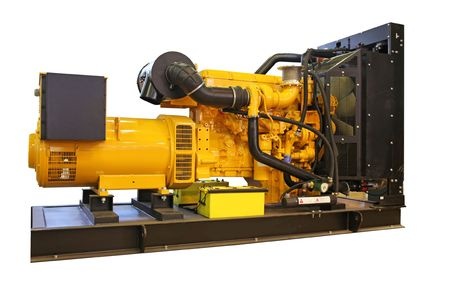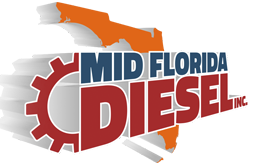 When choosing a power generator to buy it is important to decide whether you want to go with a diesel model or natural gas. Both have unique characteristics which may or may not be what fits the bill depending on your needs. It is important to comb through not only the broad properties of each time of generator but to also consider the intricacies of different models within each type. For the purposes of this article and what is feasible, the focus will be on the bigger picture and the differences between the broad types. It should be used as a first guide in the selection process with the details of each specific machine really helping drive the final buying decision. This will help ensure your satisfaction with your purchase (or at least improve the odds of it) and to limit any surprises down the road when it is too late to do anything about it.
When choosing a power generator to buy it is important to decide whether you want to go with a diesel model or natural gas. Both have unique characteristics which may or may not be what fits the bill depending on your needs. It is important to comb through not only the broad properties of each time of generator but to also consider the intricacies of different models within each type. For the purposes of this article and what is feasible, the focus will be on the bigger picture and the differences between the broad types. It should be used as a first guide in the selection process with the details of each specific machine really helping drive the final buying decision. This will help ensure your satisfaction with your purchase (or at least improve the odds of it) and to limit any surprises down the road when it is too late to do anything about it.
Diesel generators are the reigning favorites of the space with global market share over 70 percent. This is with projected growth in coming years too. Diesel has high fuel efficiency in that the same amount of volume of natural gas delivers less energy than what we see with diesel. They also have a long proven history of reliability and assure a stable power supply. This is especially important in cases where non-stop and consistent energy is an absolute necessity as in a hospital.
The history of the diesel generator has led to many product improvements over the year leading to the stable devices we have today. Today’s units are much quieter and more efficient than past models. Furthermore, while the generators themselves are more expensive compared to their natural gas counterparts, the maintenance cost is generally lower with a bigger market for secondary parts and generator service. These units are generally easier to fix as well which leads to part of the reduced cost and increased access to repair services.
On the flip side some of the downsides of natural gas generators include that the supply is more prone to shocks as distribution can get hurt when there are environmental issues affecting pipeline transport. It is also more explosive than diesel fuel and more expensive to run. The more complex systems required to run on natural gas also makes those machines more susceptible to breakdown and potentially necessitating expensive repair. For this reason these generators generally have much shorter lifespans than their diesel counterparts as well.
What type of generator is best for you really depends on your particular needs as well as your budget. It is important to do your research when looking for one and to consider all of the pros and cons before you make your final selection. Other factors to consider aside from the type of generator is the storage or usage location conditions, the amount of power needed, how much space you have, noise limits, etc. Happy hunting and good luck in finding the generator that is right for you!
Image credit: Stepan Popov





